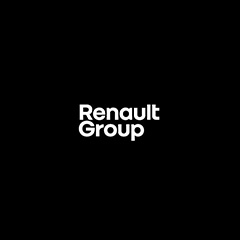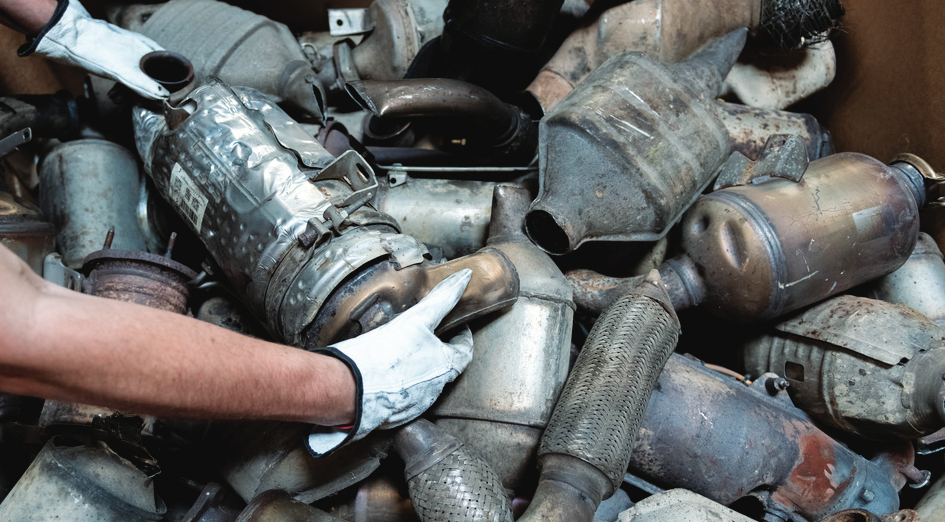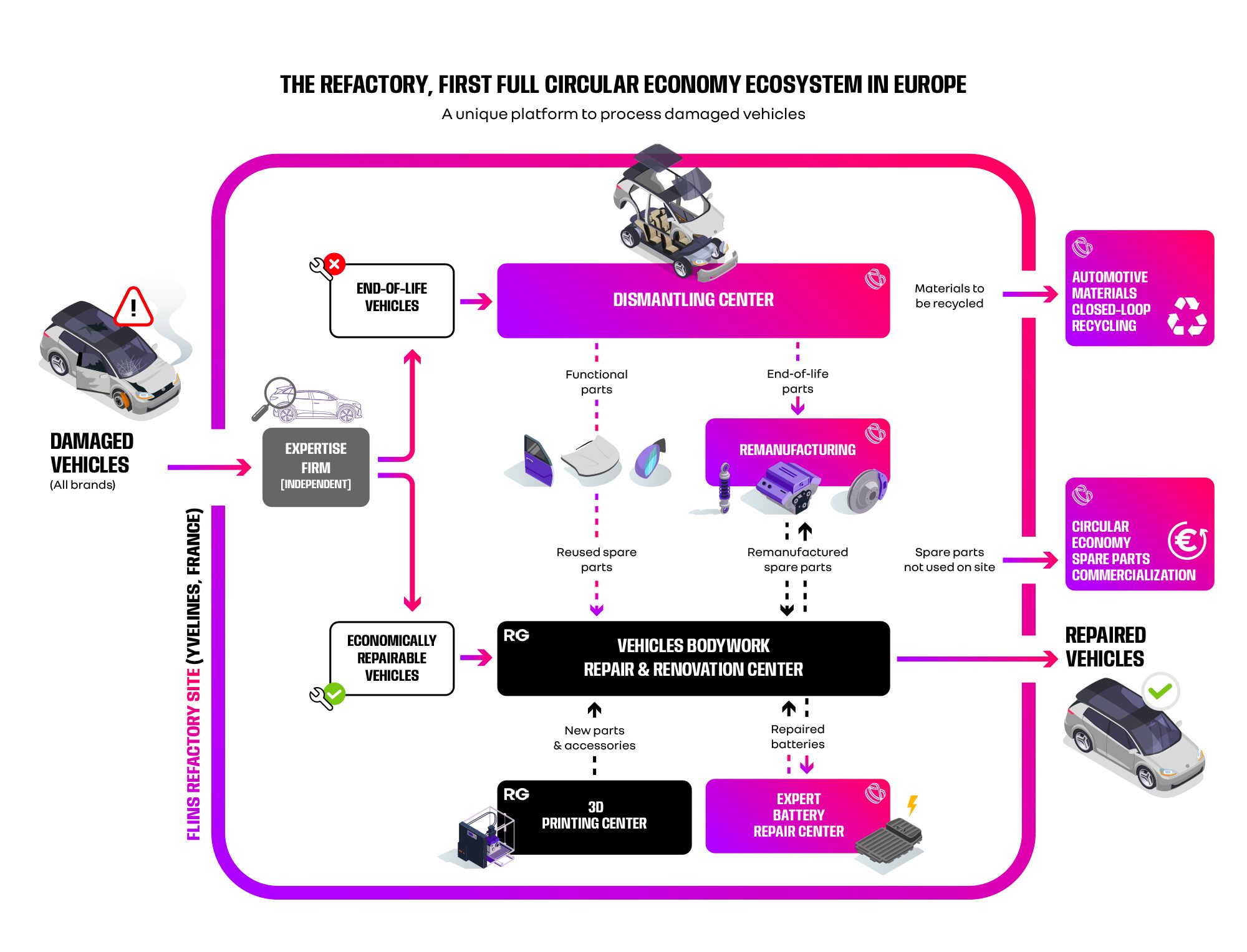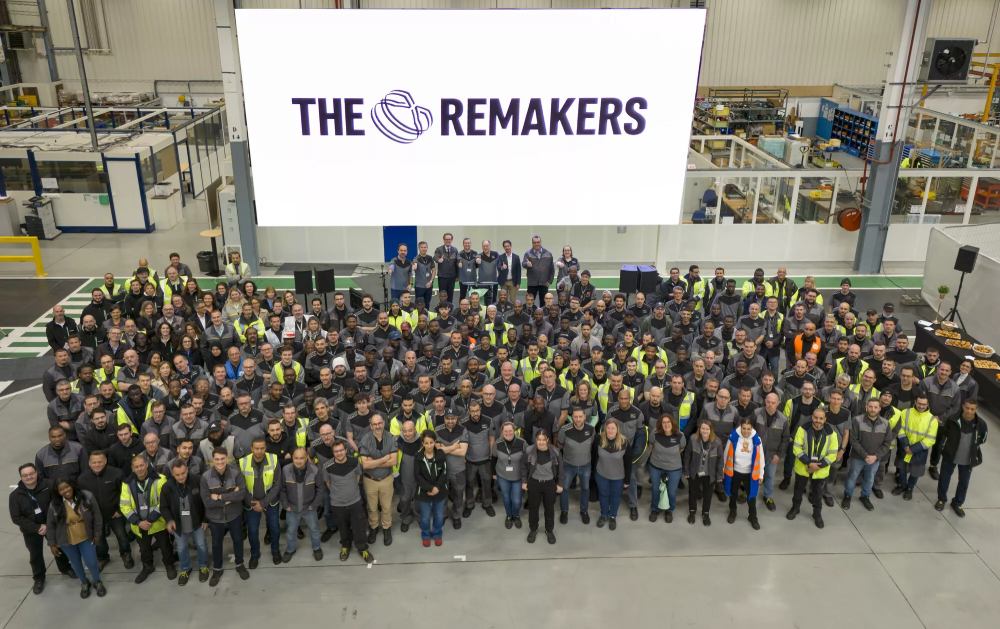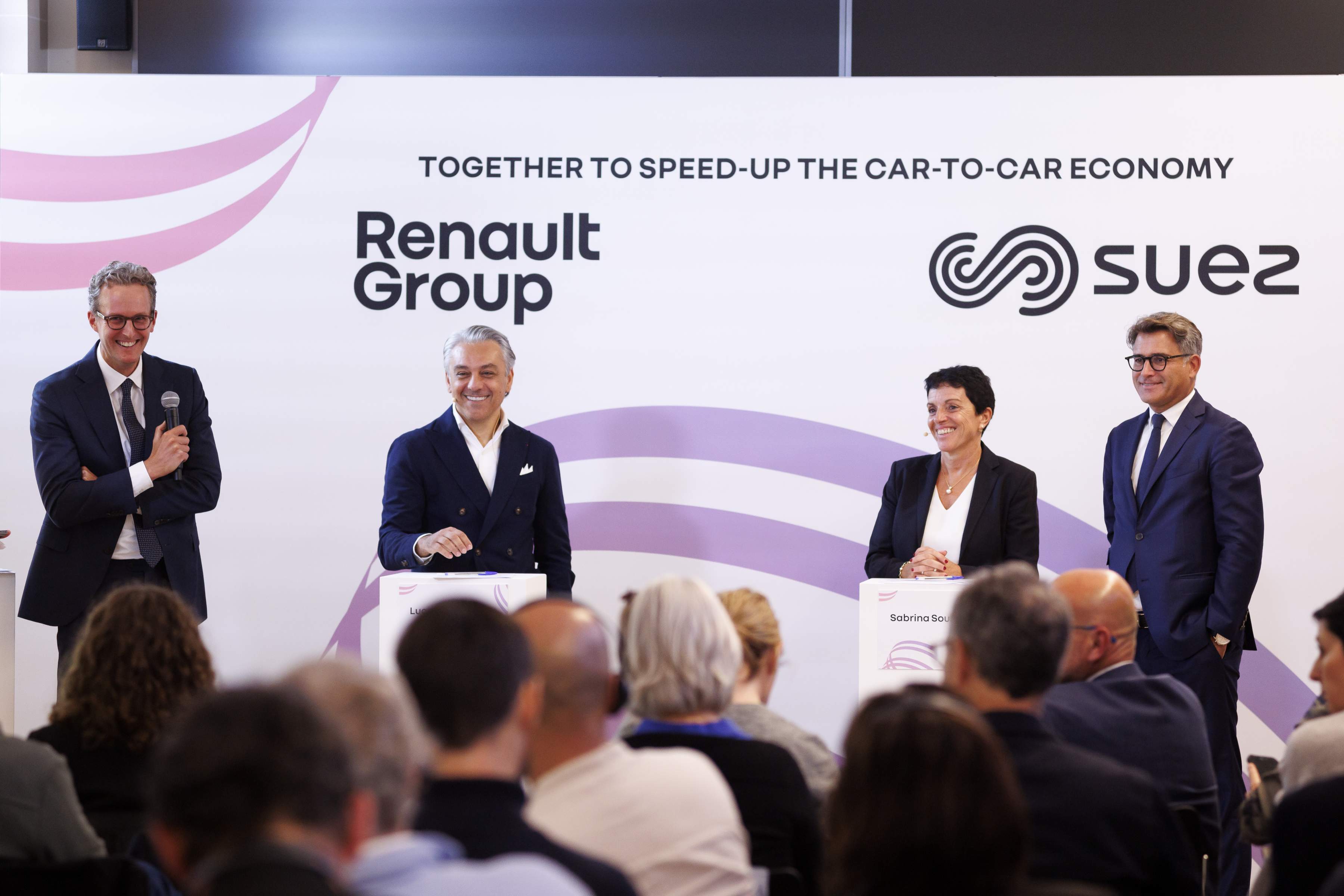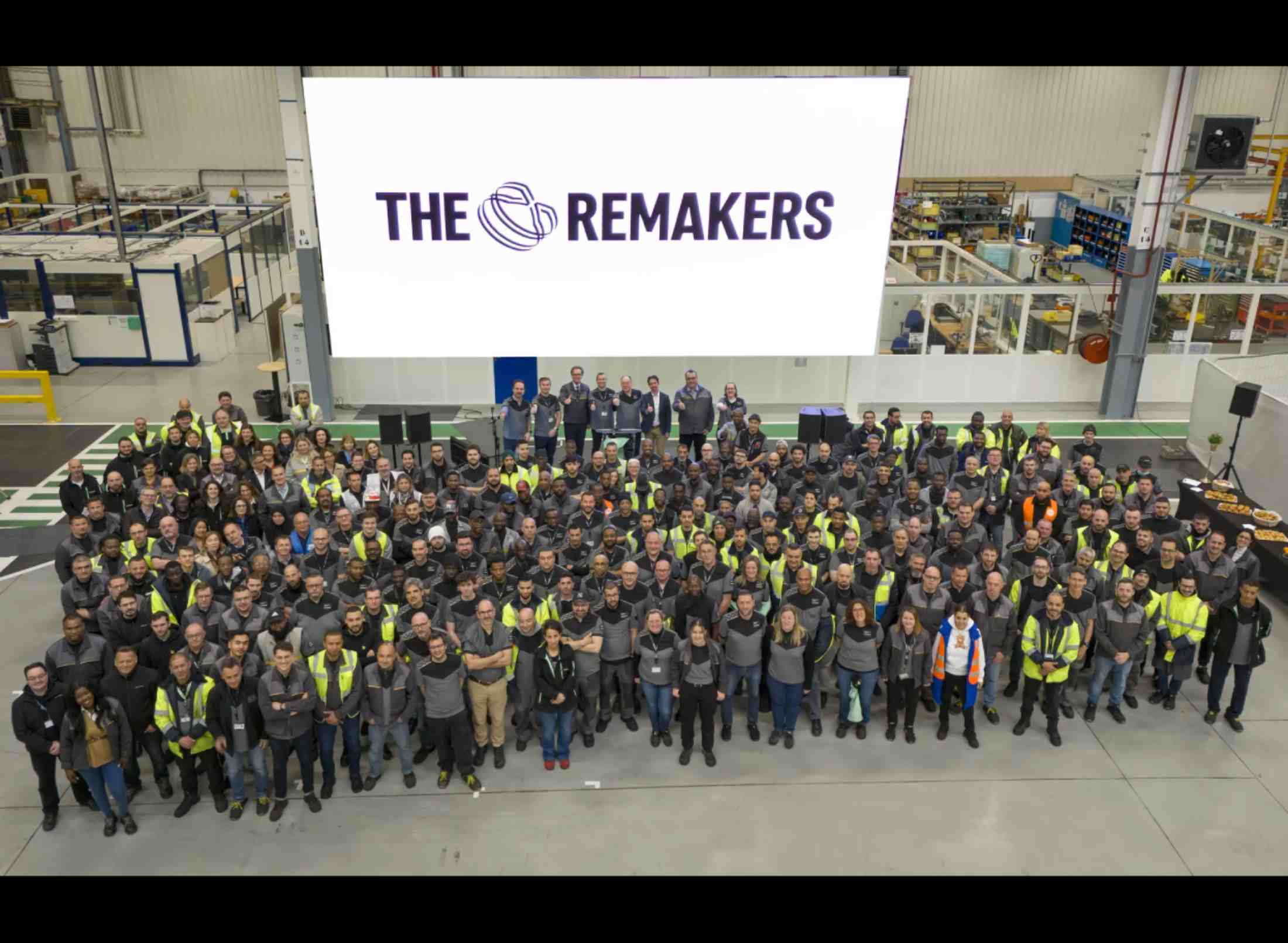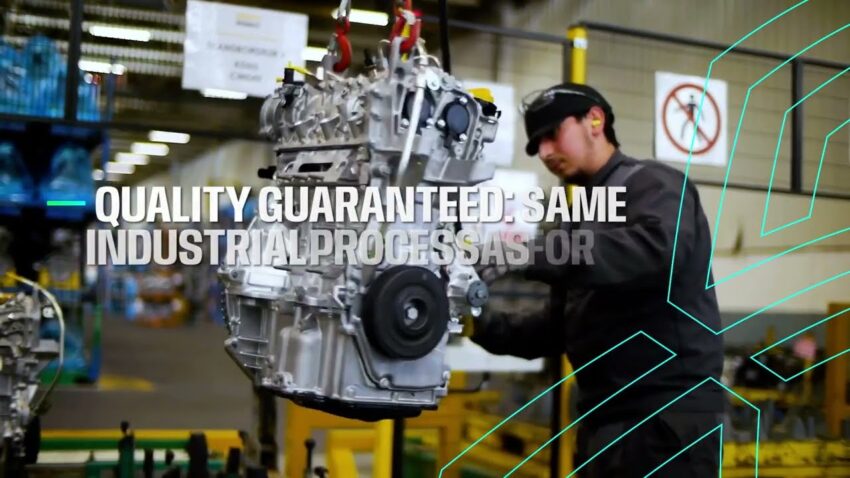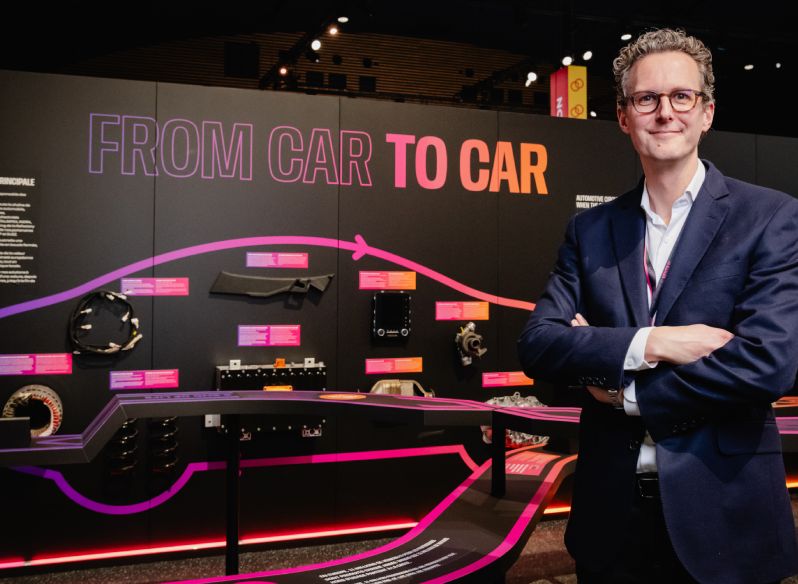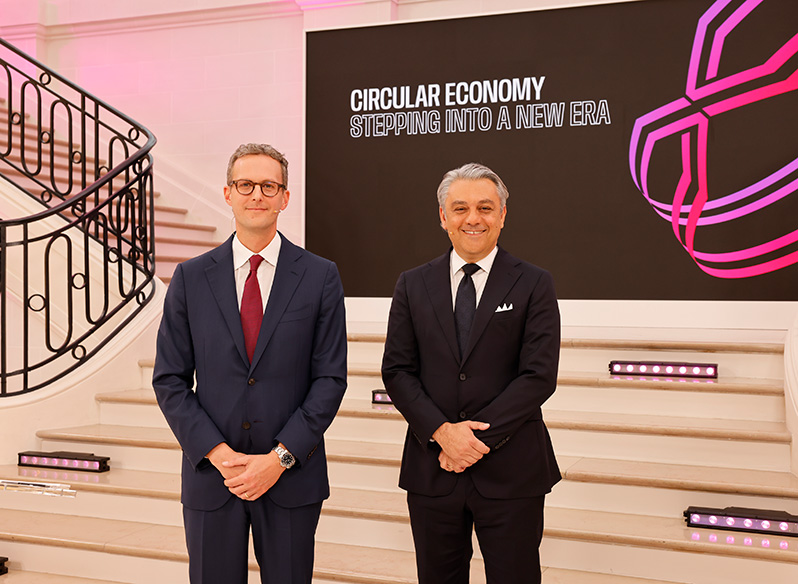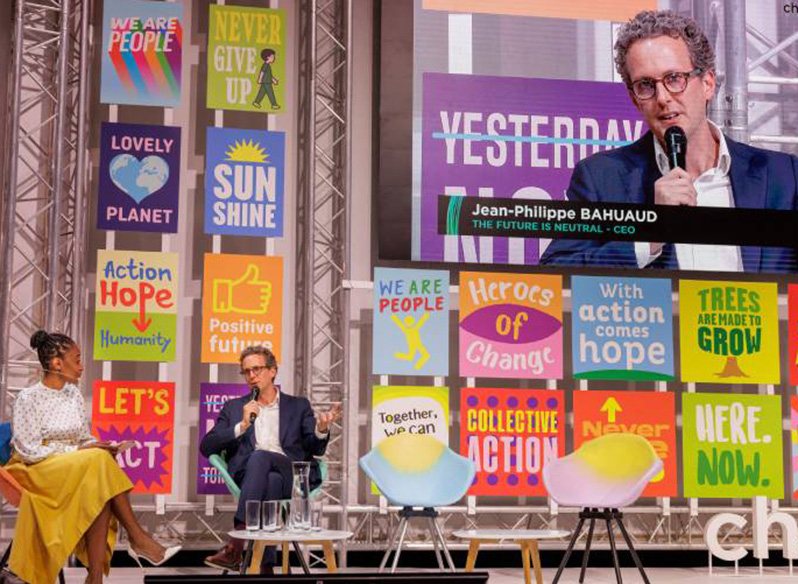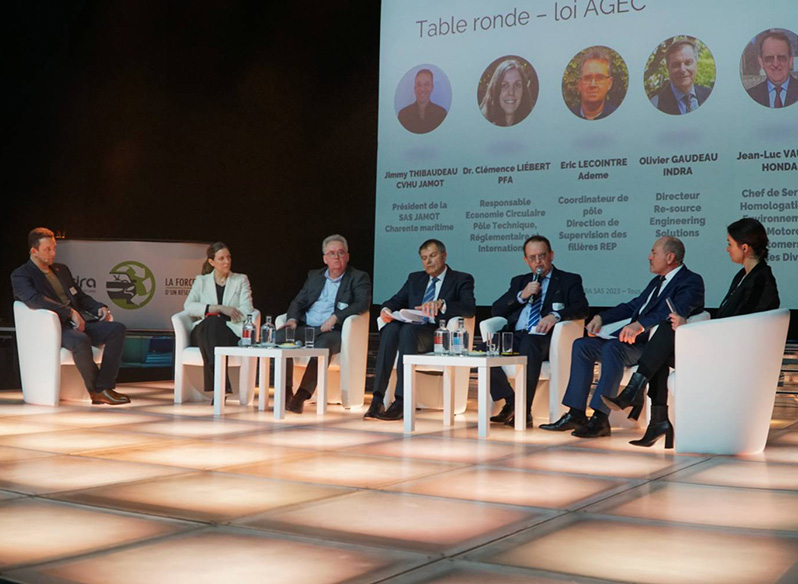- The Future Is NEUTRAL is strengthening its capabilities in the collection, processing, and recovery of End-of-Life Vehicles (ELVs) with the opening, before the end of the year, of a Dismantling Center at the Flins Refactory (Yvelines, France), with a capacity of 7,000 vehicles per year.
- This Dismantling Center will complement the circular economy ecosystem established at the Refactory, making it a unique platform in Europe that brings together all the necessary expertise for processing damaged vehicles.
- Thanks to an industrialized process, the Flins Dismantling Center will be able to extract more than 25 parts per vehicle and process over 14 different materials for recycling.
June 6, 2025 – The Future Is NEUTRAL continues to strengthen its position across the automotive circular economy value chain by expanding its capabilities in the collection, processing, and recovery of End-of-Life Vehicles (ELVs). These essential activities within the circular economy value chain help supply reused parts and materials to be recycled.
A Dismantling Centre will complete the circular economy ecosystem developed by The Future Is NEUTRAL at the Flins Refactory, and will create, in a first phase, 20 jobs. Upon its launch, it will benefit from INDRA’s full expertise in deconstruction engineering and training in ELV processing professions. The center will then be operated by GAIA, a subsidiary already established at the Flins Refactory.
« ELVs represent a key raw material for us, enabling the automotive sector to be supplied with the parts and materials it needs to operate—without depleting natural resources. The Flins Dismantling Center not only strengthens our ELV processing capabilities but also allows us to establish short closed-loop by feeding into our other circular economy activities based at the Refactory in Flins. This meets the demands and expectations of various clients, including repair professionals and insurers, in terms of performance, service quality, and environmental standards. »
Xavier Kaufman, Chief Business Officer, The Future Is NEUTRAL and VP, Refactory
A Dismantling Center Designed for Optimal Efficiency
The Flins Dismantling Center will be equipped with a range of expertise enabling it to:
- Industrialize deconstruction, with a 7-station line capable of dismantling 7,000 ELVs per year, using a process that meets the highest standards in safety, ergonomics, and environmental requirements.
- Assess ELVs and maximize their recoveryby optimizing the extraction of reusable parts (over 25 parts per ELV) and recyclable materials (over 14 materials processed and recycled).
- Receive vehicles 24/7.
- Manage on-site vehicle storage.
- Handle the administrative destruction of ELVs and ensure traceabilityof extracted parts and materials.
- Process all types of vehicles, including electric vehicles, by leveraging the advanced diagnostic capabilities of the Battery Repair Expert Center operated by GAIA in Flins.
- Manage the reuse of parts, including sorting, protection, storage, photography, and online listing—particularly on the partner platform Opisto (with a storage capacity of 50,000 parts references).
The Refactory, the First Comprehensive Circular Economy Ecosystem in Europe
The Refactory brings together on a single site all the activities required to process damaged vehicles.
At the heart of this ecosystem, the Dismantling Center will operate in full synergy with the site’s various activities:
- on-site deconstruction of vehicles that are technically or economically irreparable, in coordination with the vehicle repair activities (“the bodywork factory”)
- supply of reused parts to the damaged vehicle repair activities (“the bodywork factory”) and the used vehicles reconditioning (“the renew factory”)
- supply of repairable parts to the parts repair department
- supply of components intended for remanufacturing (The Remakers)
- supply of materials for recycling to support closed-loop systems (GAIA)
- diagnosis and recycling of batteries, drawing on the expertise of the Battery Repair Expert Center in Flins (GAIA)
DOCUMENTS
Illustration
Download (JPEG, 225ko)
THESE CONTENTS
MAY INTEREST YOU
- The Remakers will attend the Rematec trade show for the first time to showcase the first European remanufacturing solution for electric vehicles.
- The remanufacturing of power electronics is made possible thanks to partnerships with Valeo and Continental, which remanufacture the inverter and the converter respectively.
Flins, April 1, 2025 – THE REMAKERS announces its first participation at the Rematec trade fair, which will take place in Amsterdam from April 8 to 10. The company will present its full product range, including the first European remanufacturing solution for electric vehicles. This includes the remanufacturing of the electric engine and power electronics, which, alongside the traction battery, are the most expensive components of an electric vehicle.
“In a continuously growing market, driven in particular by the electrification of the fleet, The Remakers is ahead of the curve in the remanufacturing of electric components. This offer provides repair professionals with an alternative to new parts—at equivalent quality and in average 30% more affordable—making it a compelling option for these high-value components. Moreover, remanufacturing is a solution that consumes fewer natural resources. For example, the industrial process allows the reuse of as much as 99% of the weight of the electric engine,” says Rafael Treguer, CEO of The Remakers.
The remanufacturing of electric engines began in late 2024, and over one thousand remanufactured electric engines have already been delivered.
Power electronics remanufacturing will begin in the fall. This is the result of a partnership with Valeo and Continental, who co-developed a complete solution that includes inverter remanufacturing by Valeo and converter remanufacturing by Continental. This collaboration enables the rapid market launch of a high-tech product at a more affordable price than new, with equivalent quality.
Subscribe to our newsletter here and find our latest news here.
About THE REMAKERS
A pioneer in automotive remanufacturing since 1949, THE REMAKERS is a European leader in remanufactured automotive parts, serving all stakeholders in the industry. The company offers a wide product range with more than 11,000 references—mechanical, electronic, and electric—including the first available offer in Europe for electric vehicles, highlighting its commitment to innovation, sustainability, and environmental responsibility. Its offer provides an alternative to original parts, with equivalent quality and competitive pricing, thanks to a proven industrial process and recognized expertise in reverse engineering. Located at the Flins Refactory (France), the company delivers 350,000 parts per year and aims for 50% growth in activity by 2030. The Remakers is a subsidiary of The Future Is NEUTRAL, a 360° circular economy company for the automotive sector.
The Future Is Neutral
Raluca Barb
raluca.barb@thefutureisneutral.com
+33 (0)6 23 56 03 36
DOCUMENTS
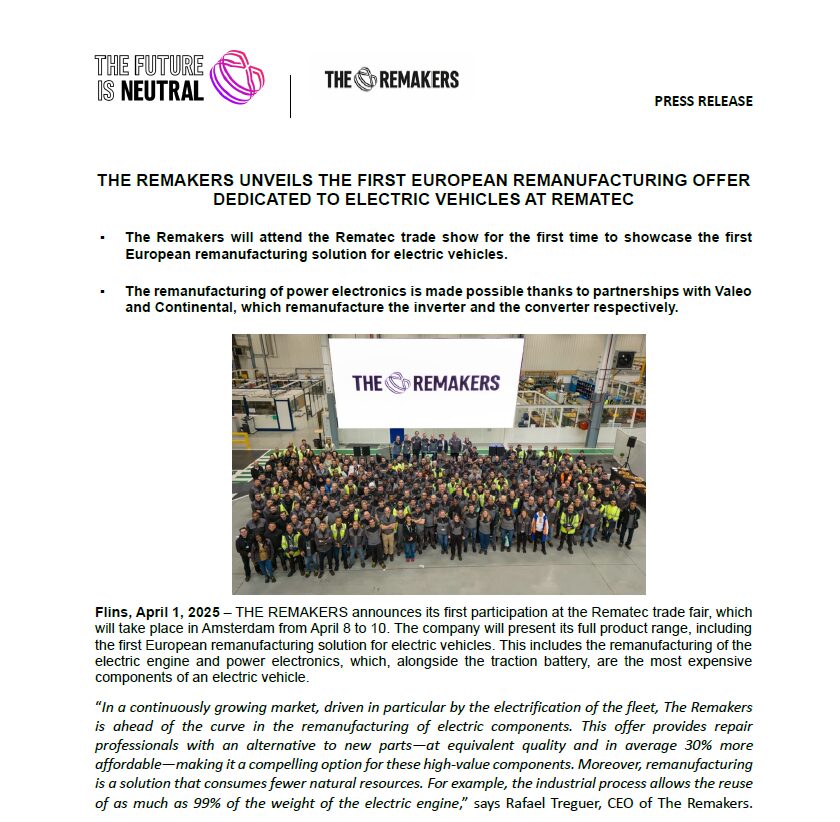
Press release
Download (PDF, 458ko)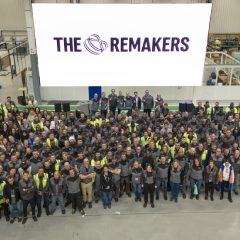
The Remakers
Download (JPEG, 3mo)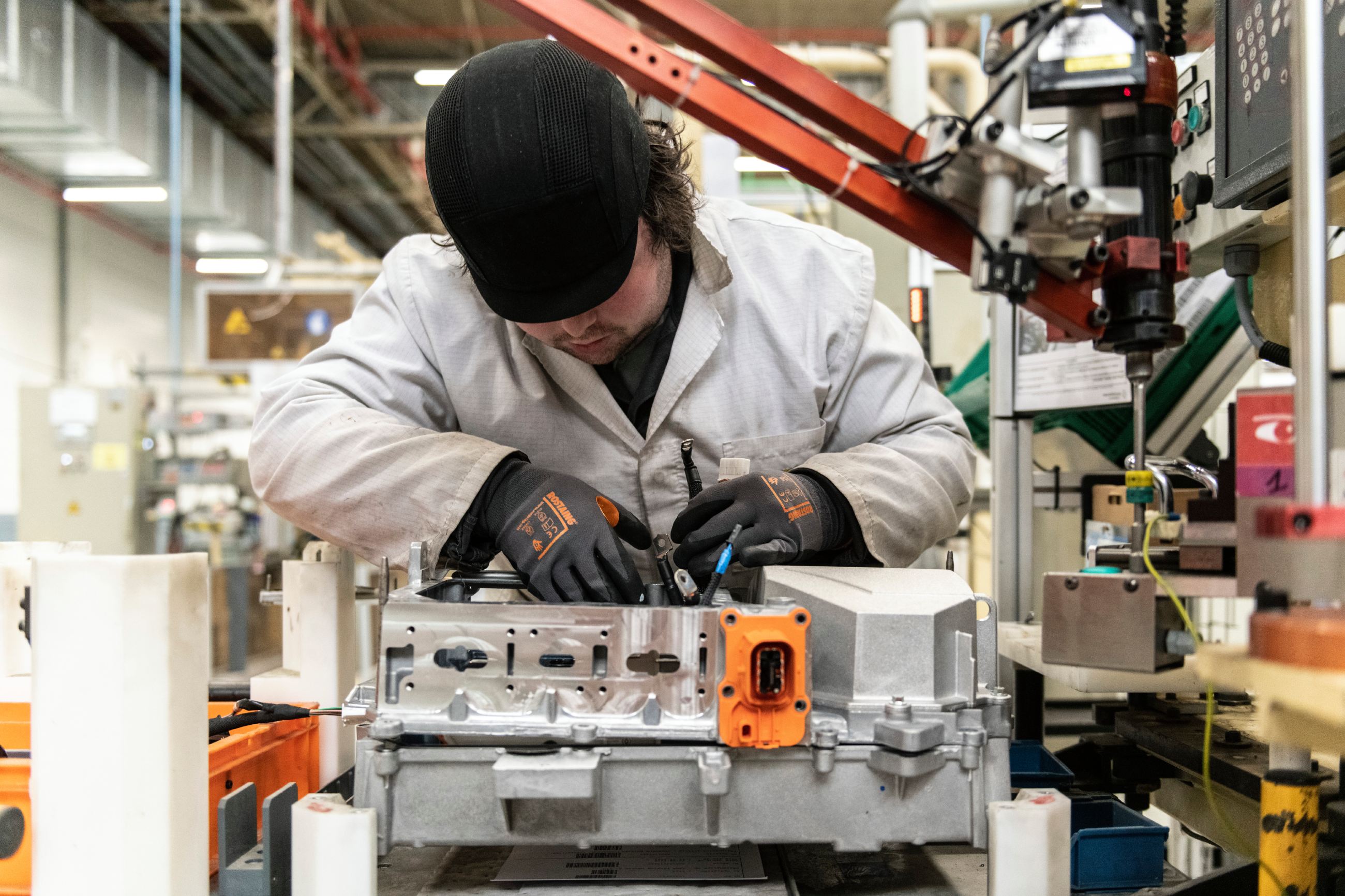
The Remakers
Download (JPEG, 549ko)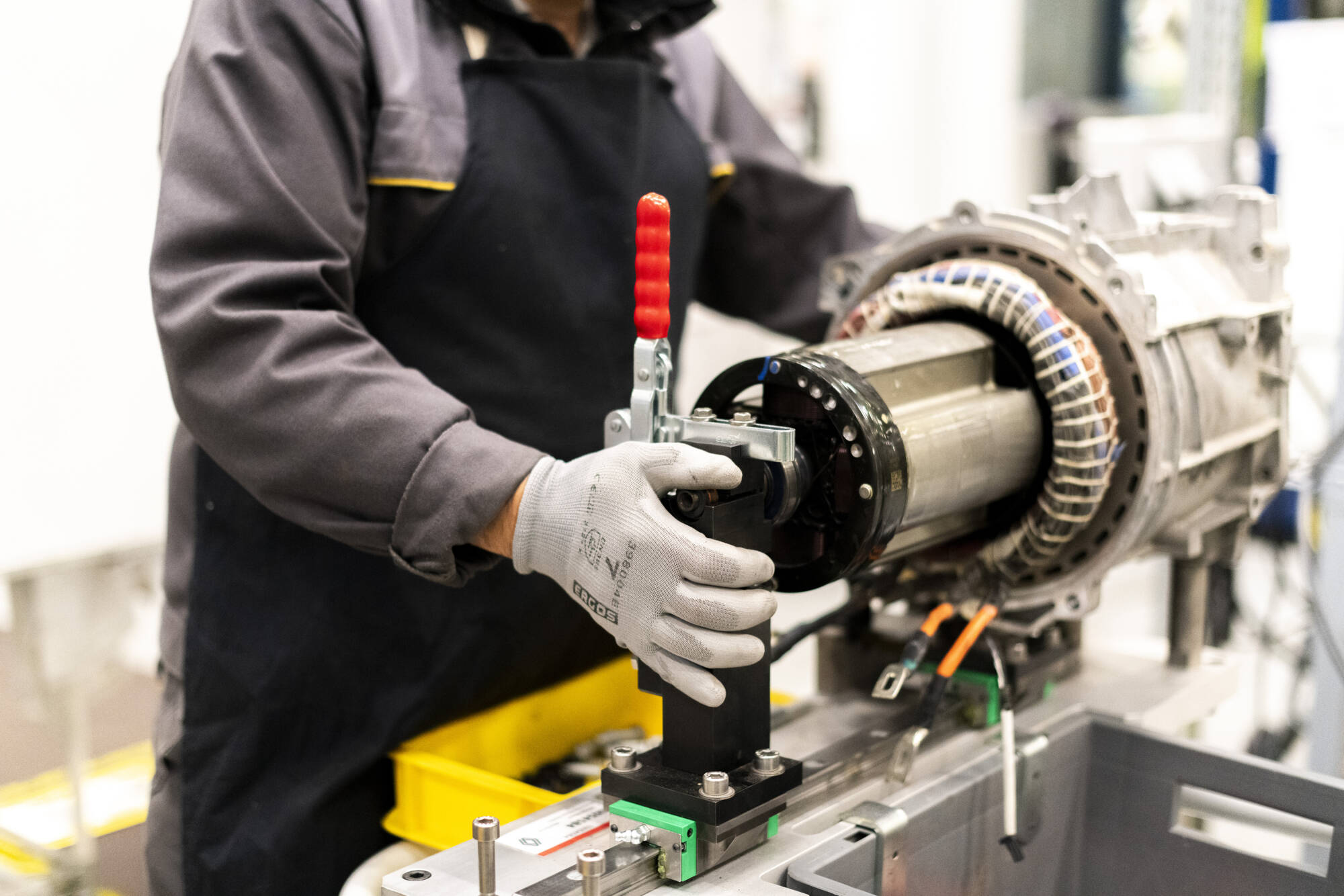
The Remakers
Download (JPEG, 224ko)
THESE CONTENTS
MAY INTEREST YOU
- Corinne Sieminski becomes General Manager of GAIA, effective on February the 1st.
- Laurent Claude becomes Technical Director of The Future Is NEUTRAL, effective on February the 1st.
- Philippe Greiveldinger becomes Chief Financial Officer of The Future Is NEUTRAL, effective on March the 1st.
Boulogne-Billancourt, March the 7th 2025
Corinne Sieminski becomes General Manager of the subsidiary company GAIA, pioneer of automotive circular economy. She succeeds Laurent Claude, who becomes Technical Director of The Future Is NEUTRAL. These changes take effect on February 1, 2025.
Philippe Greiveldinger becomes Chief Financial Officer of The Future Is NEUTRAL, replacing Mr. Jean-Antoine Bergue, who becomes CFO of the Alpine brand.
Corinne Sieminski, Laurent Claude, and Philippe Greiveldinger join the Executive Committee of The Future Is NEUTRAL, led by CEO Jean-Philippe Bahuaud.
“These close appointments highlight the dynamism of The Future Is NEUTRAL’s organization. Our Executive Committee, and more broadly our teams, are strengthening to acquire all the skills necessary for the deployment of our ambitious growth plan,” said Jean-Philippe Bahuaud, CEO of The Future Is NEUTRAL.
–
Corinne Sieminski
Corinne Sieminski has 27 years of experience in the energy and environmental sectors. After holding operational management and project management positions at EDF and ENGIE, she pursued her career at SUEZ Recycling and Recovery in 2014, serving as Chief Transformation Officer and Chief Digital Officer. In 2018, she founded and led Recygo, a joint venture between Suez and La Poste specializing in office waste recycling. She joined The Future Is NEUTRAL in November 2024 as Materials Recycling Director to support NEUTRAL’s development in optimizing recycling loops and became General Manager of GAIA in February 2025.
Laurent Claude
Laurent Claude brings over 35 years of experience in the automotive circular economy and a dual expertise in industrial and technical fields. After managing maintenance departments within Renault Group factories in France and abroad, including waste management and environmental management, he became Head of the Technical Department at the remanufacturing plant. Starting in 2012, as part of Renault Group’s visionary strategy for the circular economy, he developed offers for reused spare parts and new short loops for recycled materials. In 2017, he became General Manager of GAIA, a pioneering company in the automotive circular economy and a specialist in closed-loop material recycling and traction battery repair. Starting February 2025, Laurent Claude will assume the role of Technical Director at The Future Is NEUTRAL, with the aim of enhancing the company’s ability to offer innovative and competitive circular economy solutions.
Philippe Greiveldinger
After nine years in maritime transportation and land logistics in West Africa, Philippe Greiveldinger joined Renault Group’s finance team at the Sandouville plant before moving to the Grand Couronne logistics platform and Oyak Renault plant in Turkey as CFO. He continued his career in automotive distribution, serving as CFO of Renault Italy and Commercial Division France. At the creation of the Dacia business unit, he established the Planning & Financial Analysis function, then he joined Alpine, handling the economic studies of the brand’s ambitious product plan. In March 2025, Philippe Greiveldinger becomes Chief Financial Officer of The Future Is NEUTRAL to support its strong growth strategy.
DOCUMENTS

Press release
Download (PDF, 140ko)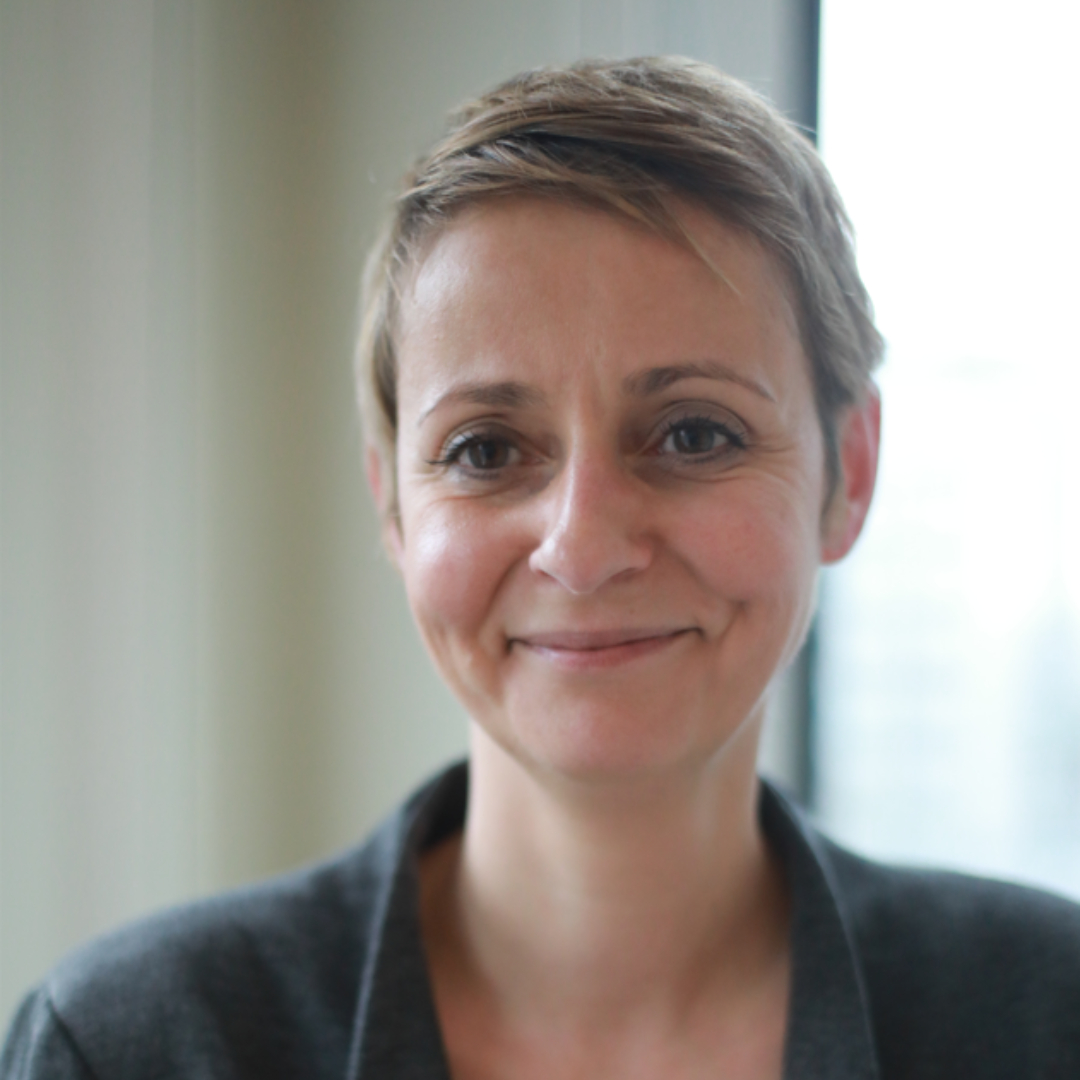
Corinne Sieminski
Download (JPEG, 41ko)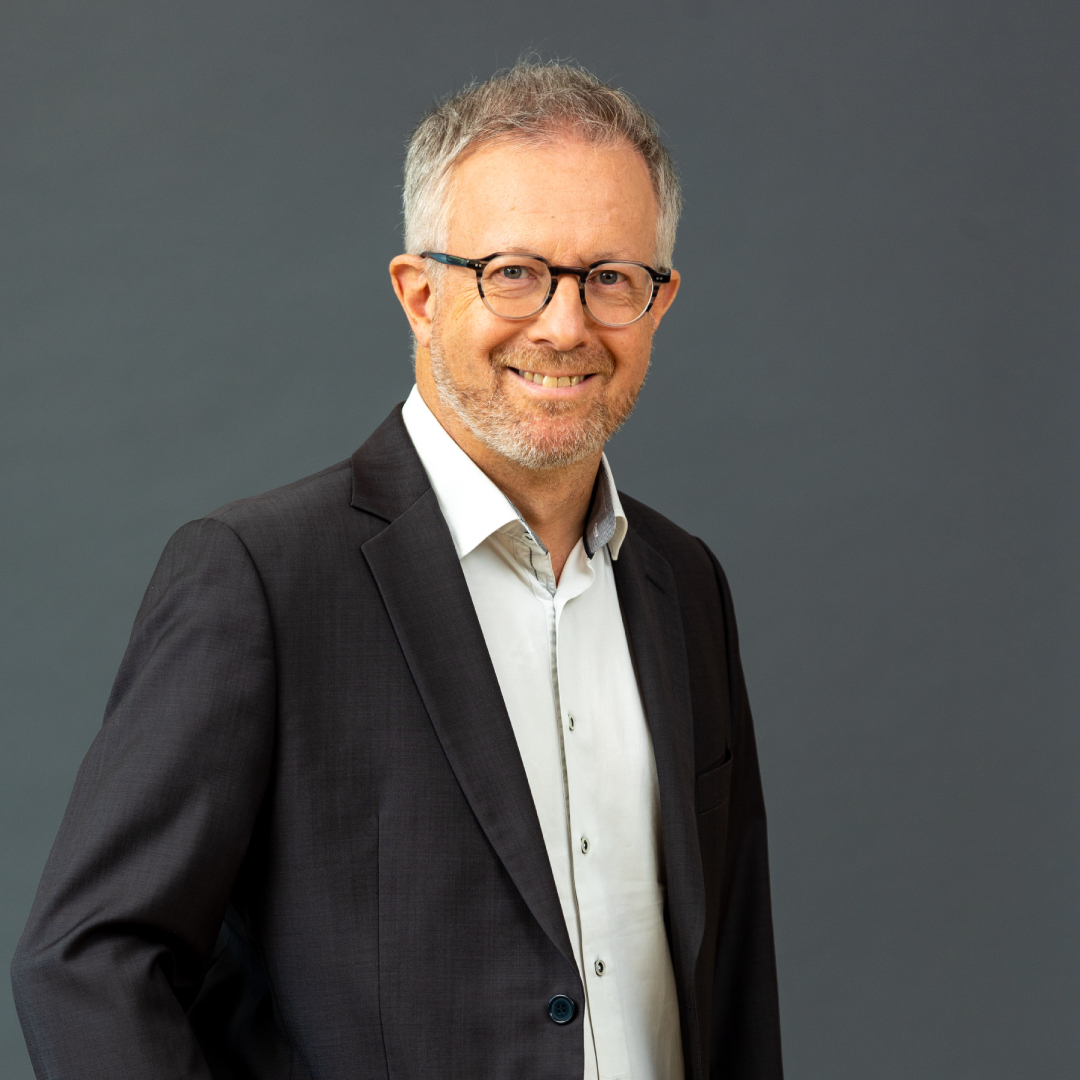
Laurent Claude
Download (JPEG, 3mo)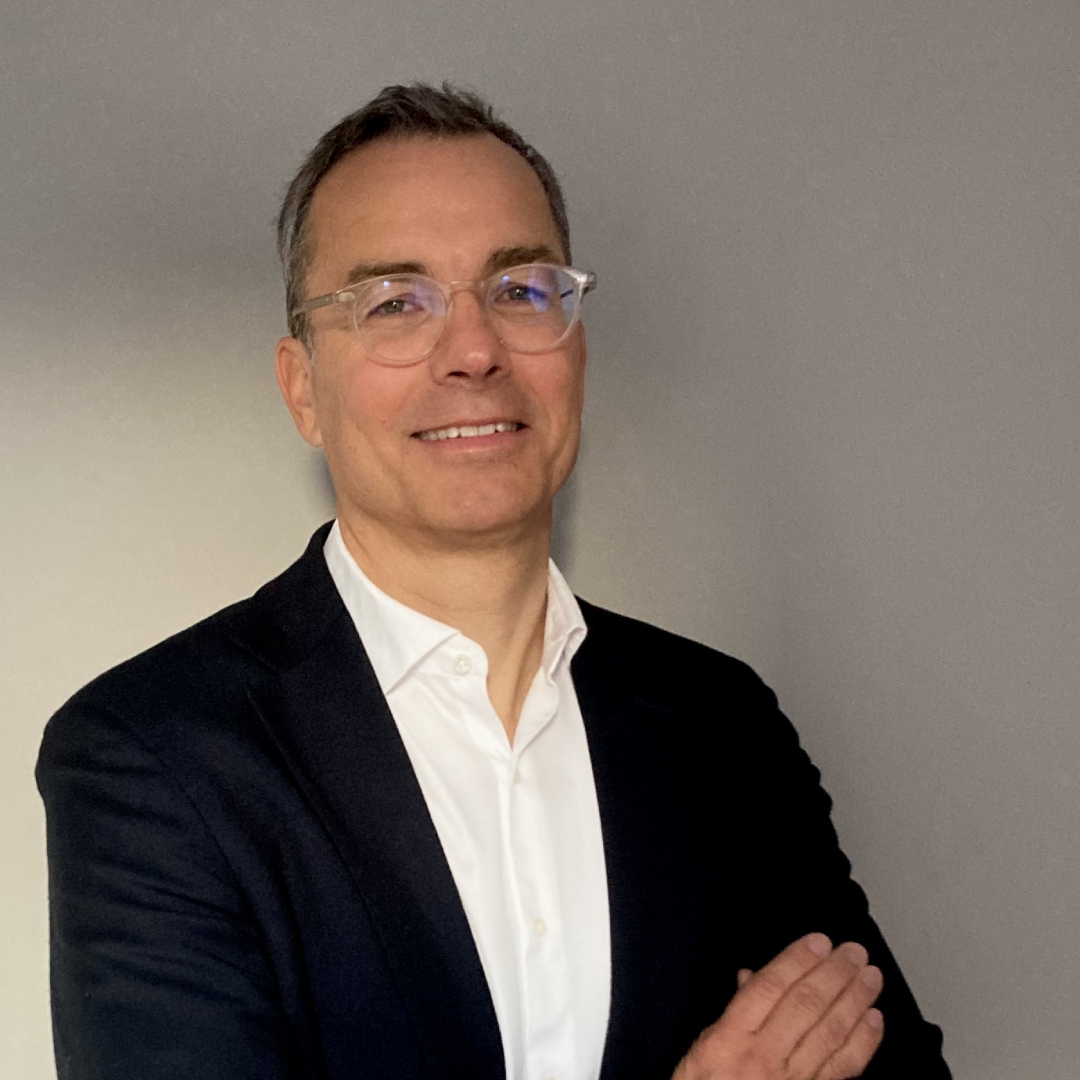
Philippe Greiveldinger
Download (JPEG, 774ko)
THESE CONTENTS
MAY INTEREST YOU
Boulogne-Billancourt, 10/21/2024 – Following the completion of SUEZ’s entry into its capital, The Future Is NEUTRAL has established a Board of Directors. It is composed of three members, representing its shareholders, with two members appointed by Renault Group, an 80% shareholder, and one member appointed by SUEZ, a 20% shareholder.
The chairmanship of the Board of Directors goes to Mr. Jean-Philippe Bahuaud, who becomes President & CEO of The Future Is NEUTRAL. The Board is completed by Ms. Véronique Sarlat-Depotte, member of the Renault Group Leadership Team, and Mr. Lyonel Rouve, Managing Director of the Specialized Flows BU at SUEZ.
Their extensive experience and deep knowledge in the fields of automotive and waste management will be invaluable assets to support The Future Is NEUTRAL in its growth serving the automotive industry.
The Board of Directors will support the company’s development strategy, explore opportunities for business expansion, and monitor the development of each of The Future Is NEUTRAL’s subsidiaries and the consolidated group, while maintaining the necessary confidentiality between The Future Is NEUTRAL’s clients and its shareholders. Finally, it will ensure the application of jointly defined governance rules.
Jean-Philippe Bahuaud :
Jean-Philippe Bahuaud began his career in the manufacturing industry with the PSA Group, then held various international positions before becoming strategy director for Samsung’s automotive and semiconductor activities in Korea. He joined Renault Group at the end of 2018 and led a team of 30 top managers in 2020 to design “Renaulution,” the company’s new strategic plan focused on value creation and more sustainable performance. In 2021, he was appointed Vice President of Strategic Planning for Renault Group, Vice President of the ReFactory in Flins, and Director of Environmental Strategy. In 2022, he became CEO of The Future Is NEUTRAL. Jean-Philippe Bahuaud holds an MBA from the London Business School and is a general engineer graduate from ICAM (Institut Catholique des Arts et Métiers).
Véronique Sarlat-Depotte :
Véronique Sarlat-Depotte joined Renault in 1989 in the purchasing department, then held various positions at Renault and Nissan in France and Japan. In 2016, she became CEO of the joint purchasing organization between Renault and Nissan, which became the Alliance Purchasing Organization in 2018 with the integration of Mitsubishi Motors. In 2021, she was appointed Secretary General of the Renault-Nissan-Mitsubishi Alliance and became a member of the Renault Group Board of Management. In 2023, she was appointed Chief Alliance Officer and became a member of the Leadership Team. Véronique Sarlat-Depotte holds an engineering degree from EPF (École Polytechnique Féminine).
Lyonel Rouve :
Lyonel Rouve joined the SUEZ group in 2001. After holding various positions in finance, he moved to operational roles, becoming successively General Manager of SUEZ Trading & Industrial Services in France, Director of Major International Projects, and CEO Europe & Group SVP Strategy. In 2023, he was appointed CEO of the Specialized Flows Business Unit, which operates in dismantling and recycling, particularly plastics and metals. Lyonel Rouve, 50, is a graduate of SKEMA Business School.
DOCUMENTS
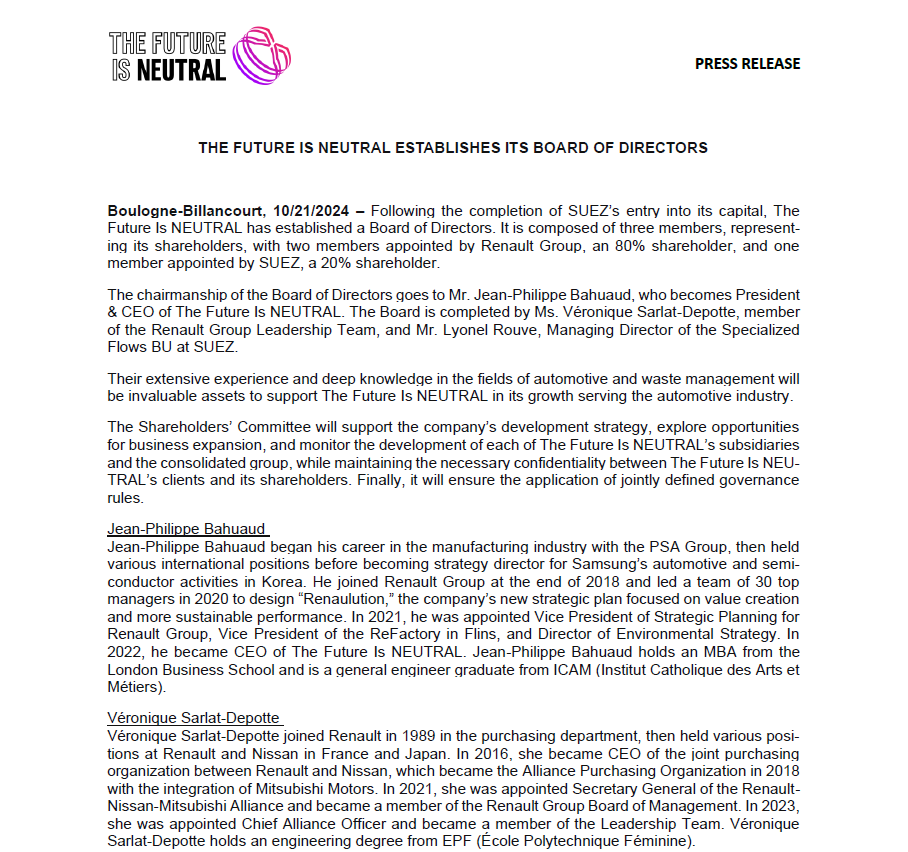
Press release
Download (PDF, 159ko)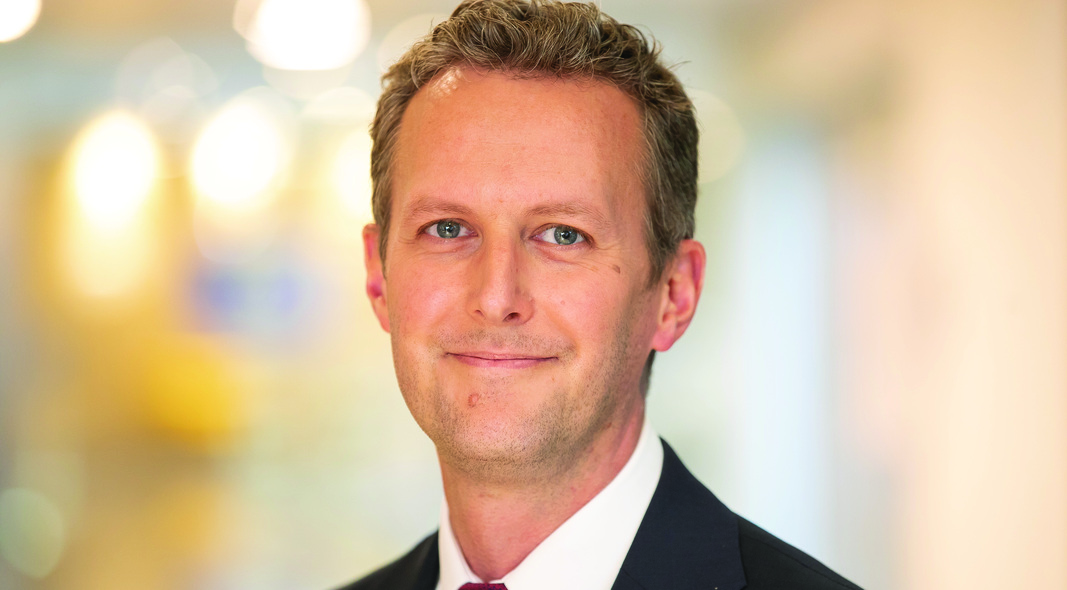
Jean-Philippe Bahuaud
Download (JPEG, 172ko)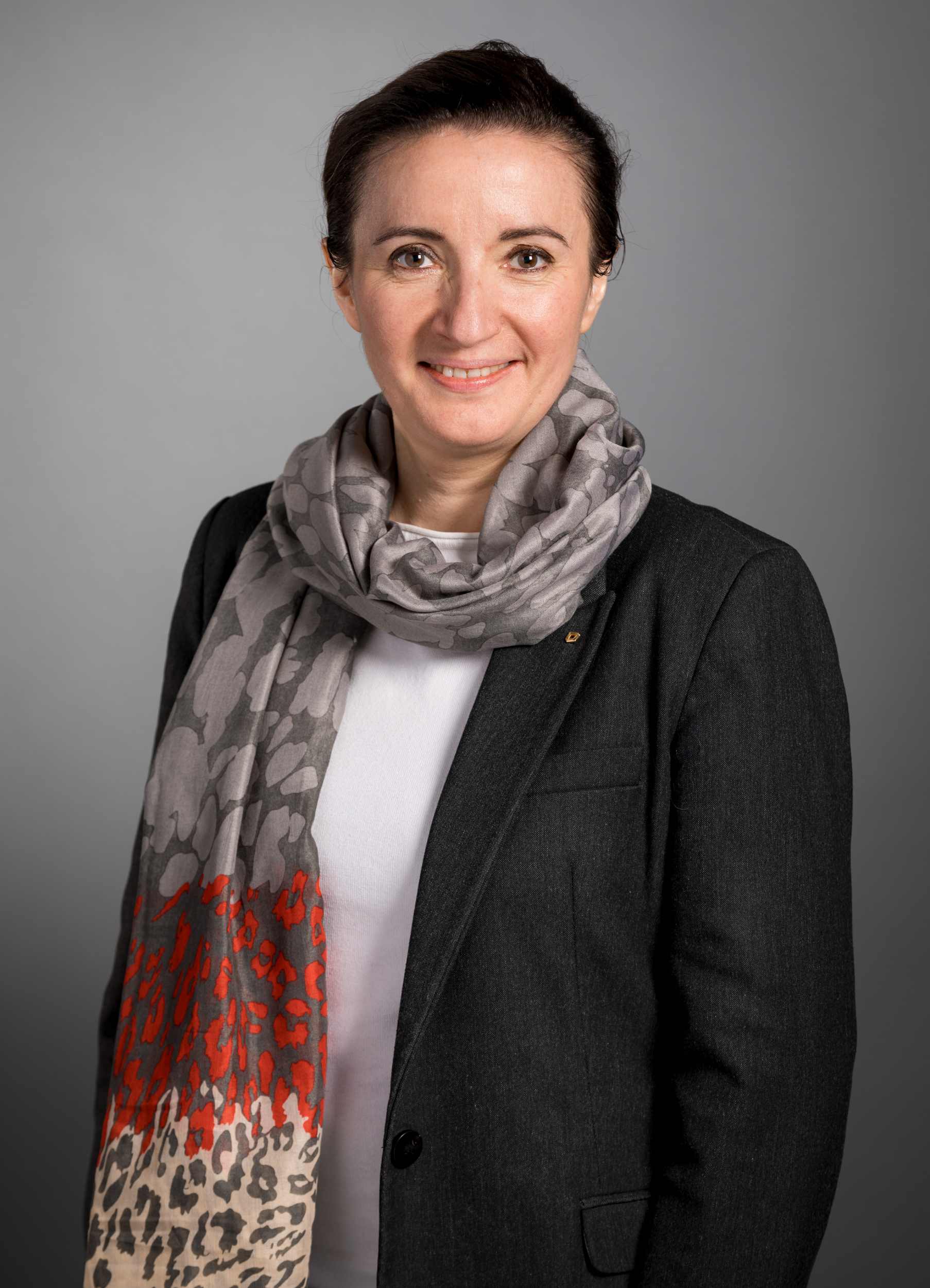
Veronique Sarlat-Depotte
Download (JPEG, 217ko)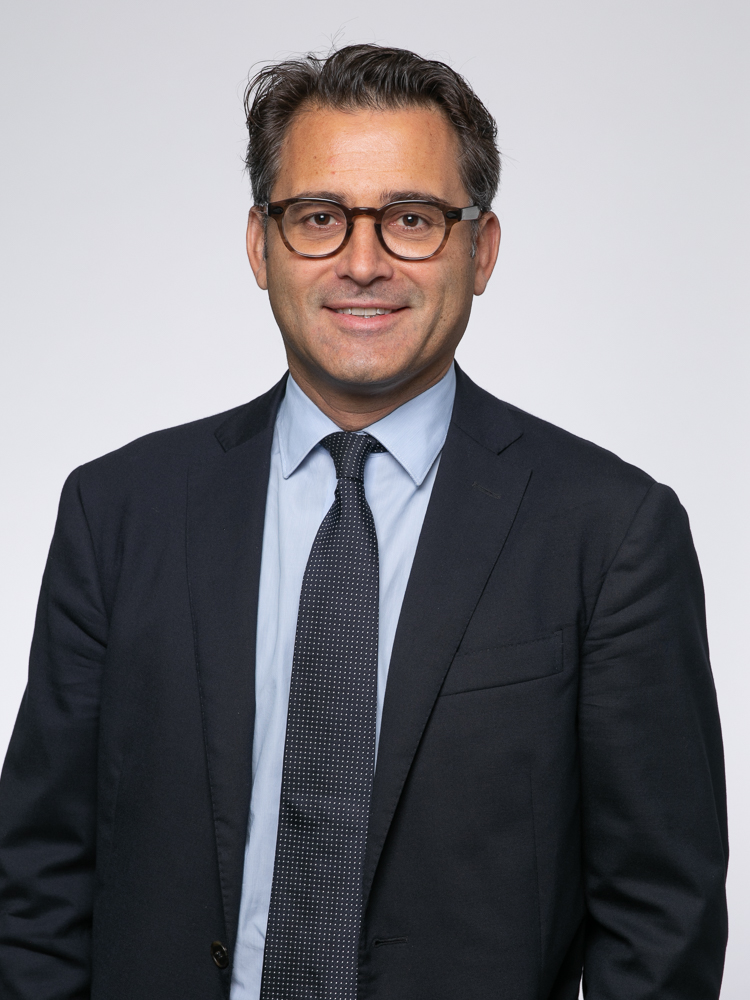
Lyonel Rouve
Download (JPEG, 344ko)
THESE CONTENTS
MAY INTEREST YOU
- To accelerate its development, with a target of 50% growth in its business by 2030, Renault Group’s parts remanufacturing, based at the Flins Refactory, is joining The Future Is NEUTRAL as a new company.
- On this occasion, the entity takes a new name, THE REMAKERS, which highlights its expertise in remanufacturing and its ambition on a global scale.
- With 75 years of know-how, THE REMAKERS offers an expanded range of 9 families of automotive components representing 11,000 references of equivalent quality to new parts, on average 30% more economical for the customer and more environmentally friendly.
- THE REMAKERS aims to position itself as the European leader in the refurbishment of automotive parts, serving all players in the sector.
Boulogne-Billancourt, 2 May 2024 – The Future Is NEUTRAL is expanding its business portfolio with the integration of the automotive parts remanufacturing activity of the Flins Refactory. At the heart of the automotive circular economy value chain covered by The Future Is NEUTRAL, this activity has strong growth potential allowing it to become a key European player in parts refurbishment, serving the entire automotive sector. On this occasion, it took on a new name: THE REMAKERS.
“The creation of THE REMAKERS opens a new chapter and great prospects for growth. Our ambition is to increase our business by +50% by 2030. To do this, we have many assets: the expertise and recognized quality of our business, the engineering skills associated with those of Renault Group and our strategic plan. THE REMAKERS also benefits from synergies with the Flins Refactory, the first site in Europe dedicated to the circular economy of mobility, as well as from the link with The Future Is NEUTRAL, the first automotive circular economy company operating across the entire value chain in Europe.” Rafael Tréguer, CEO of THE REMAKERS
THE REMAKERS: HISTORICAL KNOW-HOW FOR THE CHALLENGES OF TODAY AND TOMORROW
THE REMAKERS capitalises on know-how acquired since 1949 and widely recognized on the market. Its mission is to remanufacture automotive components to a level of quality equivalent to the original part, thanks to a combination of refurbished and new parts. This expertise will now be offered to the entire automotive industry, in line with the development and opening strategy of all The Future Is NEUTRAL activities.
Its growth will be supported by The Future Is NEUTRAL’s investment plan, totalling €500 million by 2030, to expand existing businesses and launch new ones. The European replacement parts market is dynamic and has high development potential. Estimated at around €6.8 billion in 2022, it is expected to reach €8.2 billion in 2030[1]. This increase is mainly driven by the aging of the vehicle fleet and the acceleration of electrification. Thanks to the support of Renault Group, a pioneer in electric vehicles, and its skills in reverse engineering, THE REMAKERS is taking a head start in the remanufacturing of electrical and electronic parts and intends to double its investments to anchor its leading position.
A name gathering History and the future
The name THE REMAKERS emphasizes the human, the collective, the expertise and the know-how acquired over time. Derived from the English word “maker“, THE REMAKERS describes those who, through action, give new life to out-of-use parts, a way of putting each of the employees, actors of the circular economy, in the spotlight. Impactful and modern,
THE REMAKERS also illustrates the company’s ambition for international development.
The prefix “RE” carries with it the genes of the circular economy (as in “remanufacturing” or “renovation”) and gives a nod to Renault Group and Refactory, while “THE” makes the link with The Future Is NEUTRAL.
THE REMAKERS’ OFFER: BETTER FOR THE PLANET AND PURCHASING POWER
Complementary to original parts and particularly suitable for an older fleet,
THE REMAKERS’ offer represents an alternative that is more environmentally friendly (savings in raw resources, energy and water and less CO2 equivalent emitted compared to the production of a new part) and more economical for the customer (on average 30% cheaper than a new part).
To take advantage of this market growth, THE REMAKERS is implementing a strategic plan that aims to expand its product portfolio and expand partnerships to consolidate its positions in Europe.
THE REMAKERS’ offer already covers 9 product families and includes more than 11,000 references: mechanical parts (engines, gearboxes, turbochargers, injectors), electrical parts (electric motors, power electronics boxes) and electronic parts (multimedia systems). THE REMAKERS aims to accelerate the launch of new parts on the market, in particular to support the growth of the hybrid and electric fleet. This is demonstrated by the announcement of the first electric vehicle engine remanufacturing offer in Europe (March 2024), as well as other projects under development on power electronics, with the support and expertise of recognized players.
[1] According to Deloitte’s market model, which was developed using data from ACEA, CLEPA and other external sources as well as insights from automotive industry experts.
DOCUMENTS
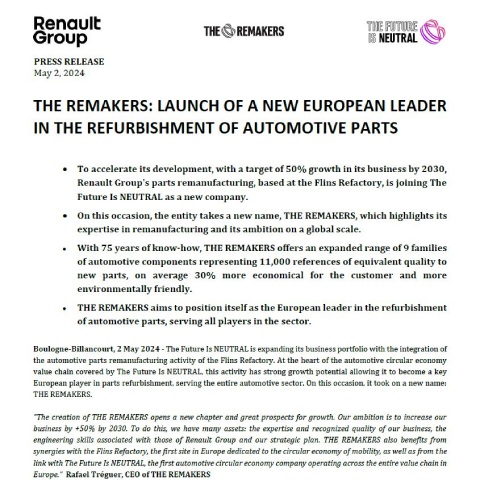
Press release
Download (PDF, 243ko)
THE REMAKERS
Download (JPEG, 3mo)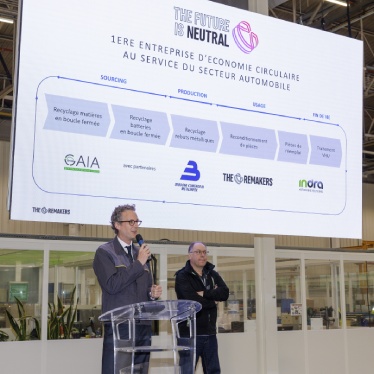
THE REMAKERS
Download (JPEG, 3mo)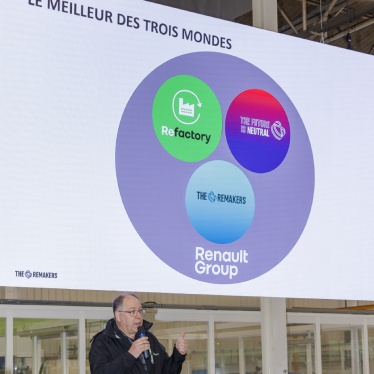
THE REMAKERS
Download (JPEG, 8mo)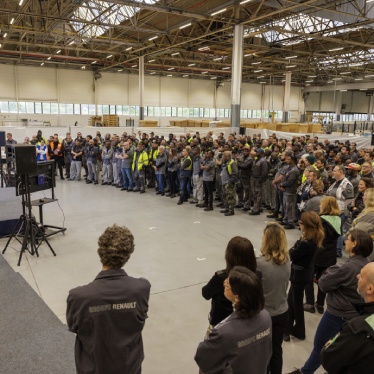
THE REMAKERS
Download (JPEG, 4mo)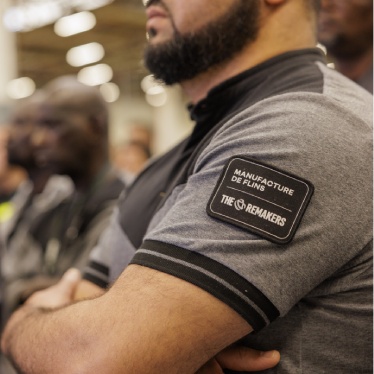
THE REMAKERS
Download (JPEG, 4mo)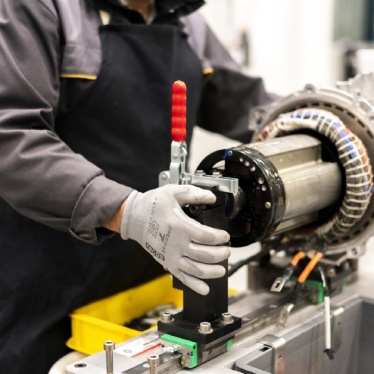
THE REMAKERS
Download (JPEG, 14mo)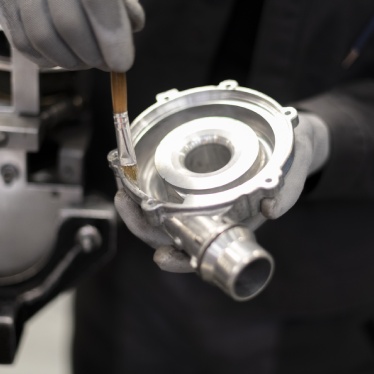
THE REMAKERS
Download (JPEG, 4mo)
THESE CONTENTS
MAY INTEREST YOU
- Renault Group is creating The Future Is NEUTRAL, the first company operating across the entire automotive circular economy value chain, aiming at moving the automotive industry towards resource neutrality.
- Bringing together all the existing expertise of the group and its partners in this activity, this new entity offers closed-loop (1)recycling solutions at each stage of a vehicle’s life: supply of parts and raw materials, production, use and end of life.
- With the objective of the business portfolio reaching a turnover (2) of more than 2,3 billion euros and an operating margin of more than 10% by 2030, The Future Is NEUTRAL aims to become the leader in industrial and European scale of the closed-loop automotive circular economy, at the service of car manufacturers as well as the entire industry.
- Renault Group is thus taking another step forward in its historic commitment to the circular economy.
Boulogne-Billancourt, October 13, 2022 – Today, Renault Group announced the creation of a new entity entirely dedicated to the circular economy: The Future Is NEUTRAL. By bringing together the existing industrial and technological expertise and assets of the group and its partners under a new brand, The Future Is NEUTRAL is the first company to operate across the entire automotive circular economy value chain, and is aimed at all players in the automotive world, beyond Renault Group.
In a context of energy transition marked by the scarcity of resources and inflation in the price of raw materials, this entity will develop more technological and industrial solutions thanks to the expertise of its subsidiaries and its network of partners already operating. It will enable the automotive industry to significantly increase the proportion of recycled materials from the automotive industry in the production of new vehicles. Today, a new vehicle contains only between 20 and 30% recycled materials from all industries.
In the short term, the entity aims at growing its existing businesses with a dedicated business model and developing new opportunities with the automotive industry. With the objective of the business portfolio reaching a turnover of more than €2,3 billion[2] and an operating margin of more than 10%[2] by 2030, The Future Is NEUTRAL aims to be the industrial and European leader in the closed-loop automotive circular economy.
Finally, in order to accelerate its development and strengthen its leadership in a fast-growing market, The Future Is NEUTRAL is opening up a minority of its capital to outside investors with a view to co-financing investments of around €500 million until 2030.
“Today we are taking another step in our historic commitment to the circular economy. Our subsidiaries Gaia, Indra and Boone Comenor, as well as the Refactory in Flins, have already demonstrated our ability to generate activities that create economic, social and environmental value throughout the vehicle life cycle. Based on this experience and convinced of the potential of these activities, we are accelerating and creating The Future Is NEUTRAL, which brings together all our industrial and technological assets, as well as our network of strategic partners. Its mission: to grow its business with ambitious strategic plans and new outlets by offering the automotive industry, faced with the climate challenge, new regulatory requirements and increasing pressure on resources, closed-loop recycling solutions, i.e. from car to car . Our ambition is to bring recycling into a new era and become the European leader in the automotive circular economy.”
Luca de Meo, CEO of Renault Group
“From car to car”: the car as a raw material
Every year in Europe more than 11 million vehicles, made up of around 85% recyclable materials, reach the end of their life. However, this resource is under-exploited: new vehicles are made up of only 20-30% of recycled material, from all industries. Today, the recyclable material from end-of-life vehicles is mostly recovered for other industrial applications (metallurgy, construction, etc.). The objective of The Future Is NEUTRAL is to maintain the value of parts and materials for as long as possible and to enable the industry to achieve a much higher rate of recycled automotive materials in the production of new vehicles.
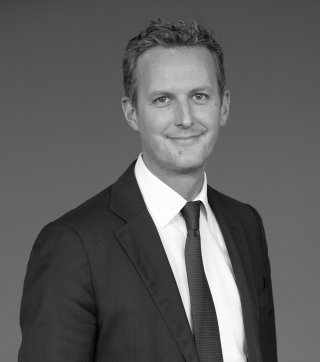
“In the automotive sector, the first under-exploited resource is the car itself, which is made up of more than 85% of metals and plastics. The Future Is NEUTRAL brings together the expertise to convert this potential into new growth levers. This new entity aims to push the automotive industry towards resource neutrality, extracting from each vehicle the largest possible amount of material needed to manufacture a new model.”
The Future Is NEUTRAL’s expertise
The company’s strength lies in its ability to mobilise a network of subsidiaries and partners to collect parts, materials and batteries throughout the automotive lifecycle, from scrap cars, factory rejects and garages. Thanks to this ecosystem, The Future Is NEUTRAL is developing circular economy loops at each stage of a vehicle’s life, from the production phase to the use and end of life of vehicles.
In concrete terms, The Future Is NEUTRAL relies on its subsidiary Gaia, whose battery repair, parts collection and reuse, and recycling of materials from end-of-life vehicles (ELVs) are based in Flins.
Also located at the heart of the Flins Refactory, the renovation of mechanical and mechatronic parts, as well as the future vehicle dismantling line, aim to supply these circular flows. With its reference partner Suez, the entity also owns two companies: Indra[3], the leader in ELV treatment in France, with more than 370 approved centres, and Boone Comenor[4], an expert in the recycling of metal scraps from industry[5].
Alongside industrial partners, The Future Is NEUTRAL aims at becoming a future European leader in closed-loop battery recycling, in line with regulations, and attractive to other car manufacturers by leveraging a world-class industrial process in terms of yield and purity to ensure the required level of recycled content in their batteries at the best cost. To develop Europe’s first closed-loop battery recycling offer, the entity relies on Europe’s largest fleet of electric vehicles[6], high-content chemistry[7] and capitalises on INDRA’s expanding network to assist in battery collection and GAIA’s expertise in battery diagnosis. Finally, The Future Is NEUTRAL will also work with its battery manufacturer partners, such as Verkor, to pool their end-of-life batteries with production waste.
To carry out its activities, The Future Is NEUTRAL relies on a wide range of technical skills, from advanced engineering and chemistry to the use of data, which it places at the heart of its business model to optimise the economic and environmental performance of its solutions.
The Future Is NEUTRAL also offers the automotive industry a consultancy service, as well as training dedicated to the circular economy, with the support of the Circular Mobility Industry (ICM) campus based in Flins, as part of the group’s ReKnow University.
—
1 Closed loop: i.e. from the car to the car.
2 Total Scope, Sum of the Parts.
3 Indra is a joint venture owned 50% by Renault Group and 50% by Suez.
4 Boone Comenor is a joint venture owned 33% by Renault Group and 67% by Suez.
5 In 10 years, the activities developed by the Gaia, Indra and Boone Comenor subsidiaries have already made it possible to recover 14 million tonnes of steel, the equivalent of more than 17 million vehicles, a year’s production in Europe, and 12,000 tonnes of plastics and copper, enough to supply one year’s production of Renault Megane in polypropylene.
6 900,000 Renault and Nissan electric vehicles on the road by 2022.
7 Chemicals rich in nickel, manganese, cobalt and lithium.
DOCUMENTS
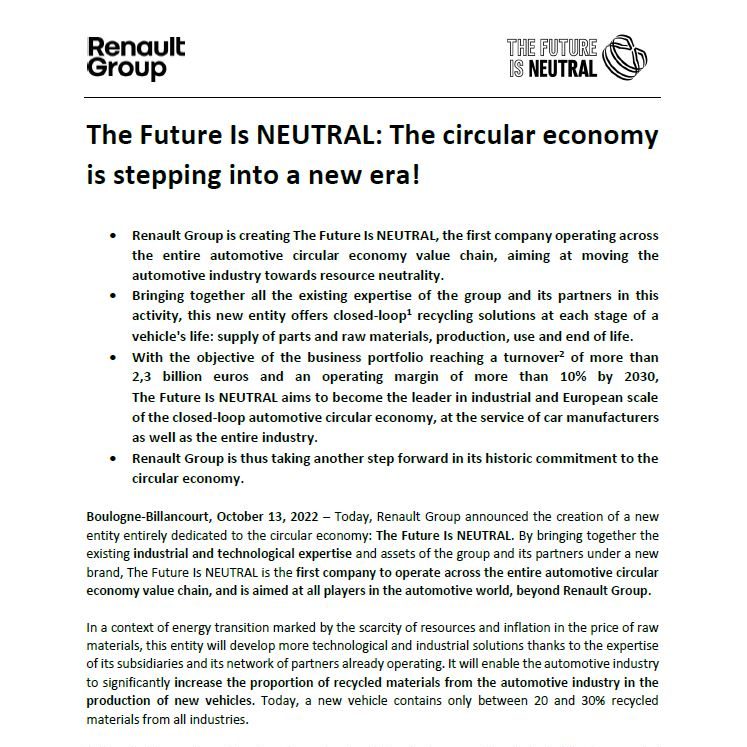
Press release
Download (PDF, 236ko)